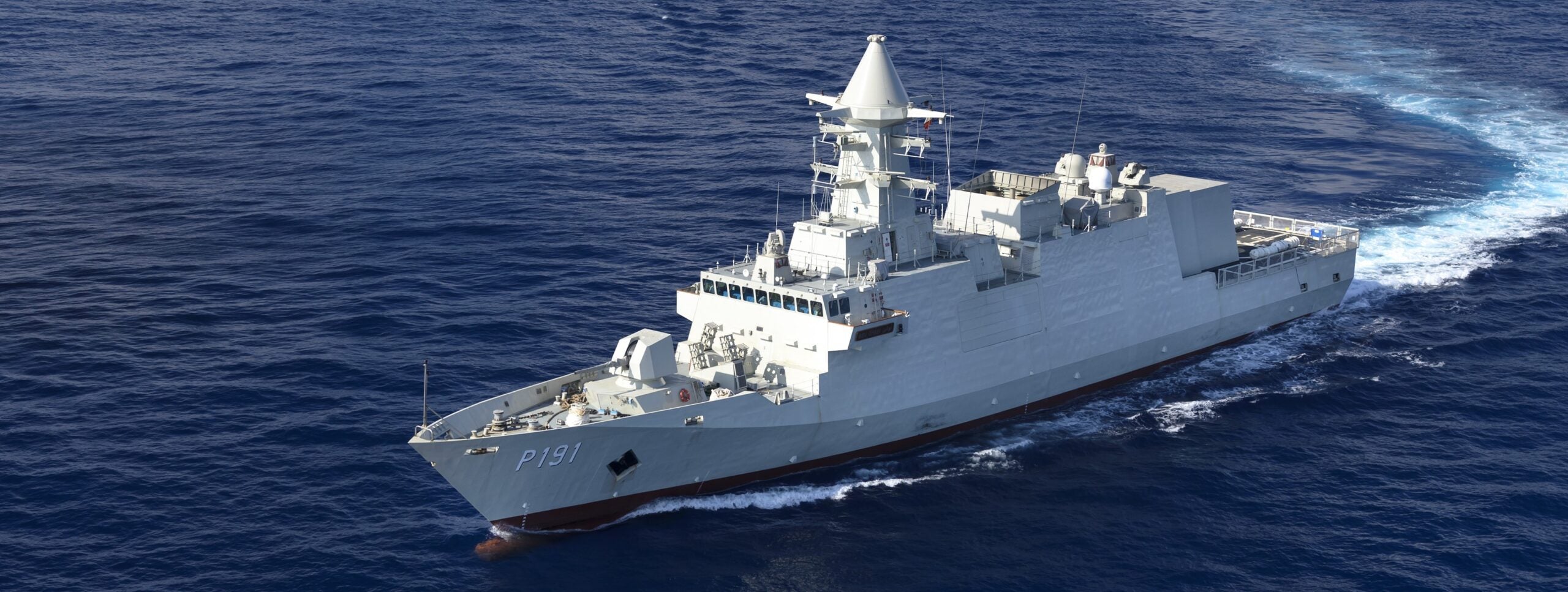
The European Defence Agency’s (EDA) Steering Board has agreed to support the development of a ‘European Patrol Corvette’ (EPC).
The corvette will be developed as part of the Permanent Structured Cooperation (PESCO) programme.
Italy, France, Spain and Greece are the four PESCO participating countries involved in the EPC project.
EDA chief executive Jiří Šedivý said: “EDA is delighted to support this ambitious and innovative PESCO project.
“As the European hub for collaborative capability development, the agency has the expertise to help member states in the implementation of their PESCO projects.
“The European Patrol Corvette project responds directly to an existing gap in Europe’s capability landscape acknowledged by member states during the revision of the Capability Development Plan (CDP) in 2018, namely that of naval manoeuvrability and the need for improved maritime situational awareness, surface superiority and power projection.”
The EPC project, which is part of the third batch of PESCO projects, was approved in November last year.
It is aimed at designing and developing a new class of military ship for conducting various missions. Equipped with a range of systems and payloads, the EPC will primarily be tasked with maritime situational awareness, surface superiority as well as power projection.
The participating member states in the project aim to produce the first corvette prototype between 2026 and 2027.
Italy Capability Director general Giovanni Iannucci said: “The EPC will be characterised by a multi-purpose and modular approach by design that will also allow to perform dual-use missions, such as anti-pollution activities, humanitarian assistance operations and interventions in support of populations in case of natural disasters.
“Italy is very proud of the coordinating role and will continue to conduct all necessary activities for the EPC’s success.”
In February 2017, EDA completed corrosion control for navy ships (CCNS) programme to test and identify solutions to help mitigate surface deterioration.



